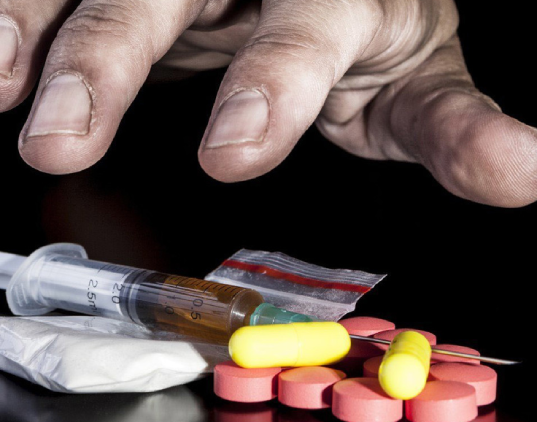Beating addiction can feel like climbing the biggest mountain with no end in sight. But here’s the truth—it’s hard, yes, but not impossible. Many people have done it, and so can you. It all starts with one important step: admitting you have a problem. This might be the hardest part. It means being real with yourself and saying, “I need help.” But once you say it out loud, things can begin to change.
Next, it’s a good idea to talk to a doctor or medical professional. They can help you understand what your body is going through and guide you to the right kind of support. Addiction isn’t just a habit—it affects your brain, body, and emotions. A doctor can help you get the full picture.
Calling an addiction treatment center or rehab might feel scary, but these places are full of people who understand what you’re going through. They won’t judge you. Their job is to help you heal, step by step.
A therapist can help you talk through your feelings and find healthier ways to cope. You don’t have to carry everything on your own. Another important part of recovery is knowing your triggers. Triggers are people, places, or feelings that make you want to use again. Once you identify them, you can learn how to avoid them or deal with them in a better way.
Recovery is ongoing, and that’s where a continuing care plan comes in. This could mean regular therapy sessions, support groups, or check-ins with a sponsor. Having a plan keeps you focused and supported long after the first phase of recovery.
Lastly, it’s important to get checked for any co-occurring disorders, like anxiety or depression. Sometimes, these issues are part of why addiction started in the first place. Treating both the addiction and any mental health challenges together makes success much more likely.
If you’re looking for a powerful, real-life story of addiction and recovery, Pills and Me: My Spiral into Addiction by Kevin and Megan Murray is a must-read. They say the first taste of addiction often comes disguised as relief, and for Kevin, that disguise was an innocent-looking white pill. His journey—raw, honest, and deeply human—shows how addiction can take hold and how recovery, no matter how far gone things feel, is always possible. His story is a reminder that you’re not alone, and there is always a path forward.
